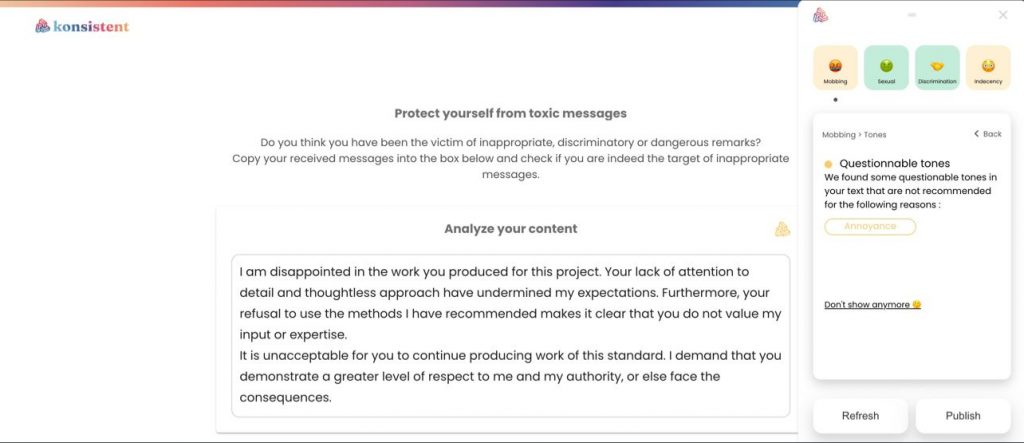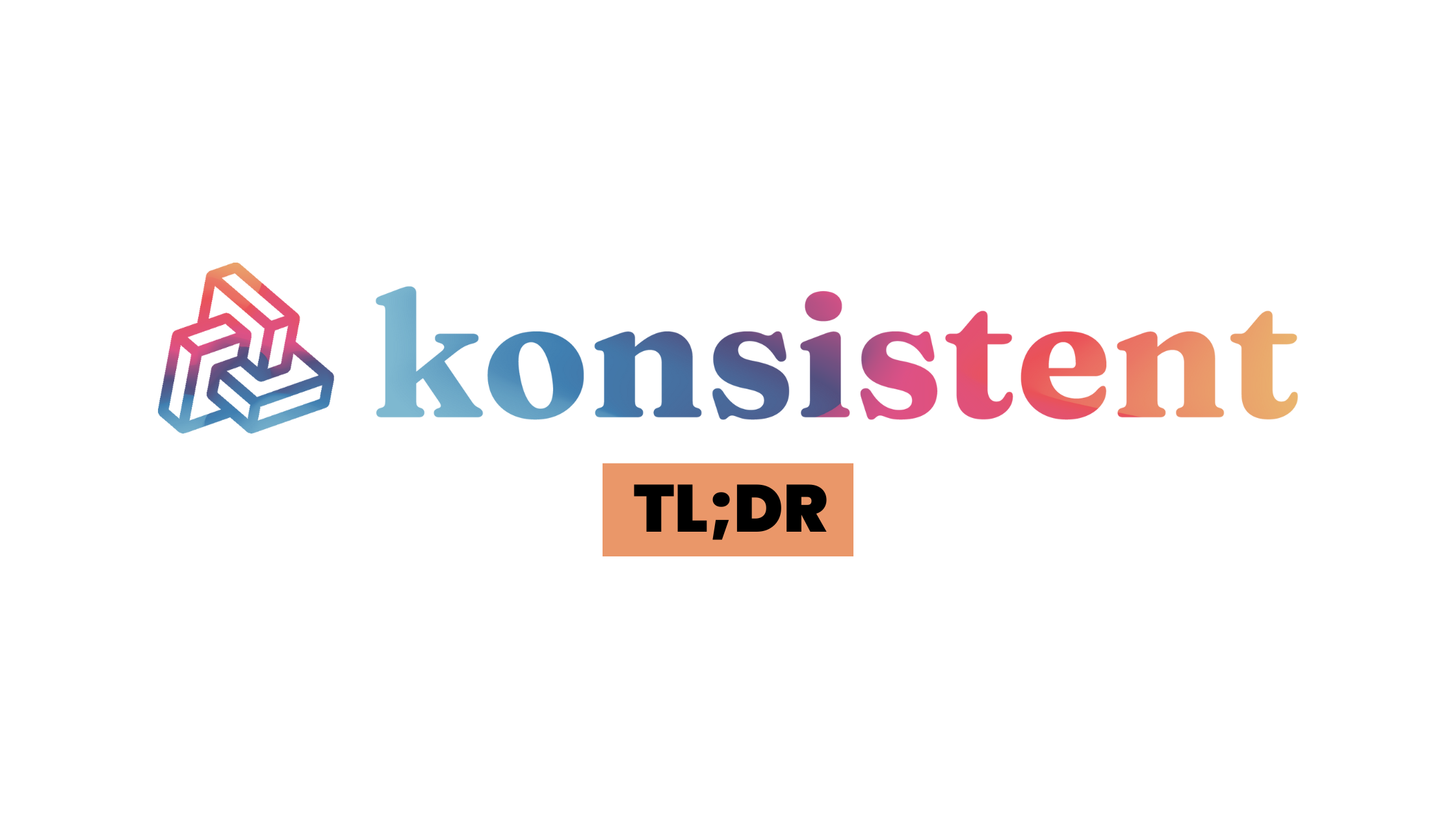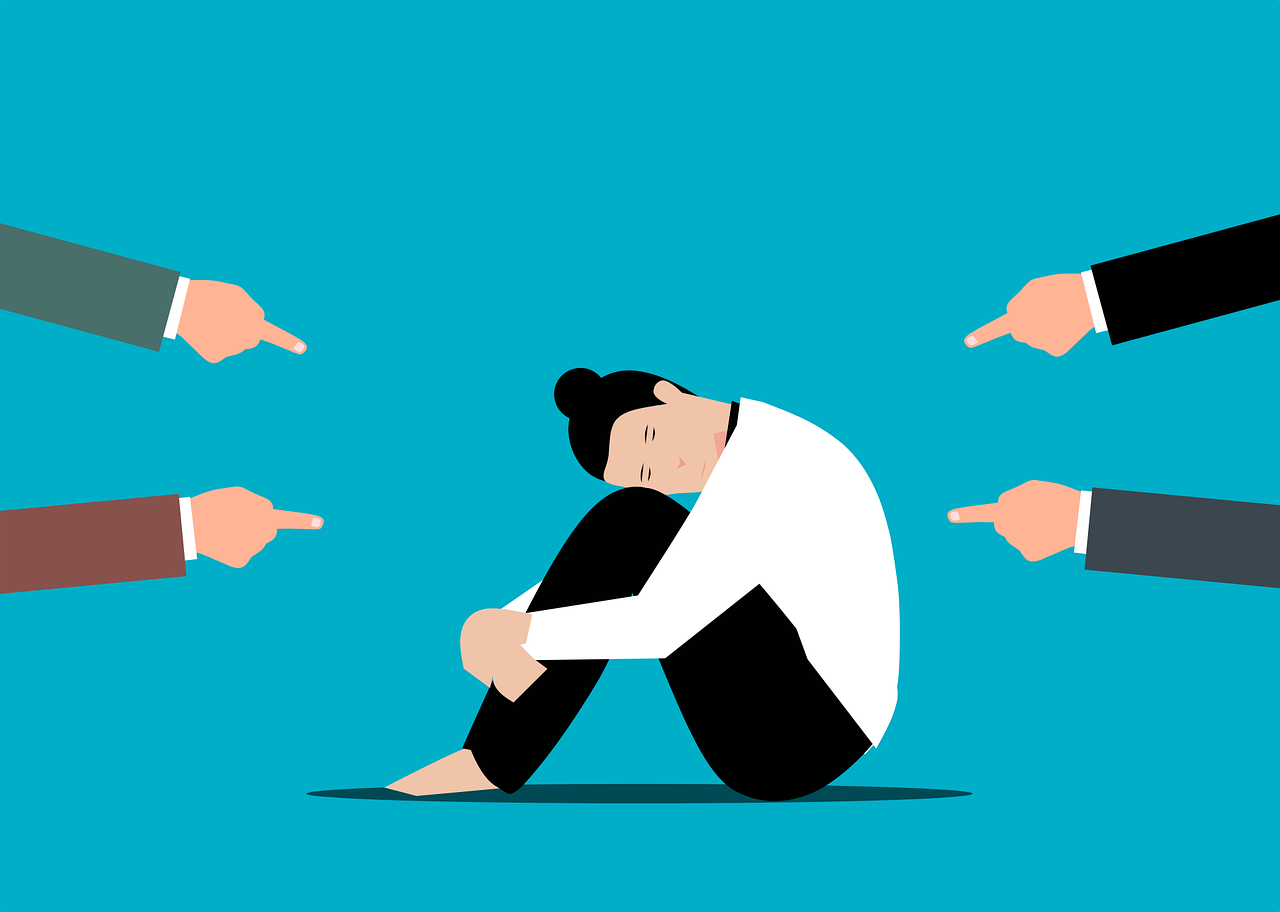False accusations at work: How to protect yourself
1 March 2023 | 5 mins read
- Employee resources
Nobody likes to be accused of something they didn’t do.

Not only does it cause humiliation and embarrassment, it can also cost you your job or cause great emotional distress. Unfortunately, false accusations in the workplace are all too common and they can be difficult to prove or disprove.
If you find yourself falsely accused of something at work, whether a false statement, false allegation or another form of defamation, there are certain steps you should take to protect yourself.
Understanding your legal rights and being aware of the laws that cover false accusations at work can help you prevent false accusations in the first place. Most importantly, it’ll help you defend yourself against any false claims that may be made against you.
Keep reading to learn what to do if you’ve been falsely accused at work, and how Konsistent can help.
P.S. Are you a high school or university student who has experienced harassment? Help us improve our product by taking this anonymous survey.
Learn the best methods for protecting yourself against online bullying in our 20-page eBook. We'll give you a list of prevention tips, how to secure your communication online to prevent becoming a victim of online harassment, and give our best solutions and resources if you are a victim of online bullying.
What is a false accusation?
By definition, a false accusation or false allegation is a false statement or allegation that one party makes against another.
There are many types of false accusations, most commonly false allegations made in a legal setting such as false claims of sexual harassment, workplace discrimination or wrongful termination cases. This can also include false discrimination claims and making a defamatory statement against someone. False accusations can also be made outside of the workplace and may involve defamation cases or even criminal charges.
To put it simply, when someone accuses someone else of doing something that they didn’t actually do, this is a false accusation.
Related read: Think you’re being harassed at work? Here’s how to verify
Examples of false accusations
Some examples of false accusations include false allegations of child abuse, false allegations of sexual misconduct or false allegations of workplace harassment. In some cases, false accusations may also involve false information being provided to a third-party about someone’s character or professional reputation.
A common example of this would be claiming that your employee has been stealing money from the company or engaging in other forms of misconduct, when you know that really isn’t true.
Or a disgruntled employee making a false complaint against a former employer after being fired with cause.
What are the consequences of false accusations?
False accusations can have serious and long-lasting effects on both parties involved. The accused person could suffer emotionally, professionally, financially and even legally. Depending on how false accusations are made, they may be considered to be defamatory statements and could lead to a defamation lawsuit.
For false accusations made in the workplace, false claims of discrimination or sexual harassment could result in disciplinary action or even termination of employment depending on the severity.
Related read: The true cost of bullying in the workplace
The psychological effects of being falsely accused
Not only can false accusations put the victims job and livelihood in jeopardy, false accusations can also cause immense psychological and emotional distress. Accused persons may experience anxiety, fear and depression, as well as feelings of helplessness and isolation.
It is important to note that false statements can have a significant impact on the accused person’s mental health.
It is also important for falsely accused individuals to take care of their physical health. This could include getting plenty of rest and eating healthy, as false accusations can cause physical symptoms such as headaches, nausea and insomnia.
Proving false allegations at work: How to protect yourself and your job
Wondering what to do if you’re falsely accused at work?
If you are the victim of false accusations at work it is important to stay calm. We know how frustrating it can be when you’re being accused of something you really didn’t do, but it’s important to keep a level head and take the necessary next steps to protect yourself.
Here’s what to do if you believe you’ve been falsely accused of something at work:
1. Gather evidence
The first step is to gather evidence, such as emails, text messages, or social media conversations that demonstrate false accusations were made against you without a valid reason. This is especially important if false accusations lead to disciplinary action or even wrongful termination.
It’s also important to remember that false accusations can also be made against you outside of the workplace, and evidence should be gathered in those cases as well.

You can use Konsistent’s reverse analysis tool to do this. The tool will scan any emails or text documents you provide and analyze the language used to check for any sexual harassment, racism, sexism, or harmful speech.
2. Talk to the accuser
If false accusations have been made against you, it’s important to confront the accuser directly. Ask them why they are making false claims and remind them that false accusations can have serious legal consequences. Be sure to document any conversations with the accuser so you can use this as evidence if needed.
Additionally, make sure that the person making false accusations knows that false accusations are unacceptable and will not be tolerated.
3. Contact HR
If false accusations have been made against you in the workplace, it is important to contact your human resources department right away. They should launch an internal investigation on the claims reported and ensure that all procedures are followed properly.
It’s essential to keep a record of any conversations you have with HR, as it can be used as evidence if the false accusations lead to any legal action.
4. Seek legal advice
It is important to know that you have the legal right to consult a lawyer about your situation.
We recommend seeking legal advice if false allegations have been made against you, as false accusations can have serious consequences and may even be considered defamation of character. An employment lawyer will be able to advise you on the best course of action based on your individual circumstances.
If you’ve already spoken with your HR Director about this issue and they weren’t able to resolve it, speaking with a lawyer is the next logical step.
An experienced attorney can help you protect your rights and prevent false accusations from becoming an issue in the future. They will also be able to review your case and determine whether or not you have grounds to file a defamation suit, based on your state and federal laws.
False accusations can be damaging to an individual’s reputation and career, so it is important to take the necessary steps to protect yourself from false allegations. Gather evidence, talk to the accuser directly, report false accusations to your HR department, and seek legal support if needed – all of these steps are essential in protecting yourself against false claims.
Related read: When to call on a workplace harassment lawyer?
Can I sue someone else for false accusations at work?
If you’ve been the victim of false accusations at work, you may be able to sue for defamation of character or libel. If false accusations lead to your dismissal from your job, you may also be able to sue for wrongful termination.
It is important to speak with an experienced attorney if you are considering taking legal action against someone for false accusations. They will be able to review your case and provide advice about what steps to take next.
What happens if you falsely accuse someone?
Falsely accusing someone of a crime or wrongdoing can have serious legal ramifications. Depending on the circumstances, false accusations can be considered libel or slander, both of which are forms of defamation.
If false accusations lead to an individual being arrested, charged with a crime, or losing their job, they may be able to sue for damages or file an unfair dismissal claim. Additionally, the falsely accused employee may be able to sue for false imprisonment or false arrest if the false accusations lead to their being detained or arrested.
If you are considering making false accusations against someone, it is important to understand the potential consequences and seek legal advice from an experienced attorney before taking any action.







